The head may be the strongest part on the human body, but it is no match for the hard surface of the tarmac. And when the head hits the road, especially when you are at high speeds this can become fatal. The dangers of riding a motorcycle became evident even to early motorcyclists and with the death of T.E Lawrence ( the Lawrence of Arabia) experts began looking deeply into the solutions for this problem. Over the period of the last several decades, helmet technology has evolved a lot and today most road accidents do not turn into deaths thanks to the safest helmets in India with EPS inner shells that are available in the market today.
Why is the EPS inner shell important?
Speaking of technology in helmet safety, EPS or Expanded polystyrene is one of the key ingredients that is used to make the inner shell of the safest helmets in India that is put inside the outer impact resistant hard shell in order to soak the impact on the skull that is caused as a result of the mechanical force of the head striking the hard surface of the road.
What are the alternatives of EPS? And why EPS is better
Materials used for making a helmet fall broadly under two categories: basic thermoplastics, and composite materials. EPS falls under the first category of materials. In the market, EPS is also commonly sometimes referred to as Styrofoam because of the brand that shot to fame with their EPS products. The name Styrofoam has become synonymous with EPS but the correct term is expanded polystyrene (EPS).
EPS is better than any other material for making the inner shell of the helmet because it is the most economical option, and also the most efficient when it comes to stock absorption. Composite materials such as kevlar, carbon fibre, or fiberglass are harder, worse at absorbing shock, and also a lot more expensive than EPS. In addition to that EPS also has a few extra benefits such as being resistant to the growth of bacteria, water resistance, light weight and durability– all of which make it the perfect choice for the shock absorbing inner shell that is present in the safest helmets in India today.
Safe for the head, safe for the environment!
EPS or expanded polystyrene is also safer for the environment compared to other thermoplastics or even composite materials for that matter. While it is often confused as an environmental hazard, it does not have CFC (Chlorofluorocarbons) or HCFC (hydrochlorofluorocarbons) the two things that make ‘plastics’ bad. So, if you are looking for the safest helmet in India that is also safe for the environment, you cannot go wrong with Studds helmets!
Manufacturing process of EPS Shells for Helmets
Let's give you a quick peek at behind the scenes of the manufacturing process of an EPS shell for helmets. First of all, EPS beads or granules referring to a special machine that expands them with the help of steam and pressure. the next step is to put the expanded beads into the final mould that gives out the shape of the helmet shell. At the nascent stage EPS shells were made in China but nowadays, the manufacturing process has become completely in-house and the EPS shells are made at Studds manufacturing units, which stands true to our commitment of giving you the safest helmet in India at the most affordable price.
 Wishlist
Wishlist
 Track Order
Track Order

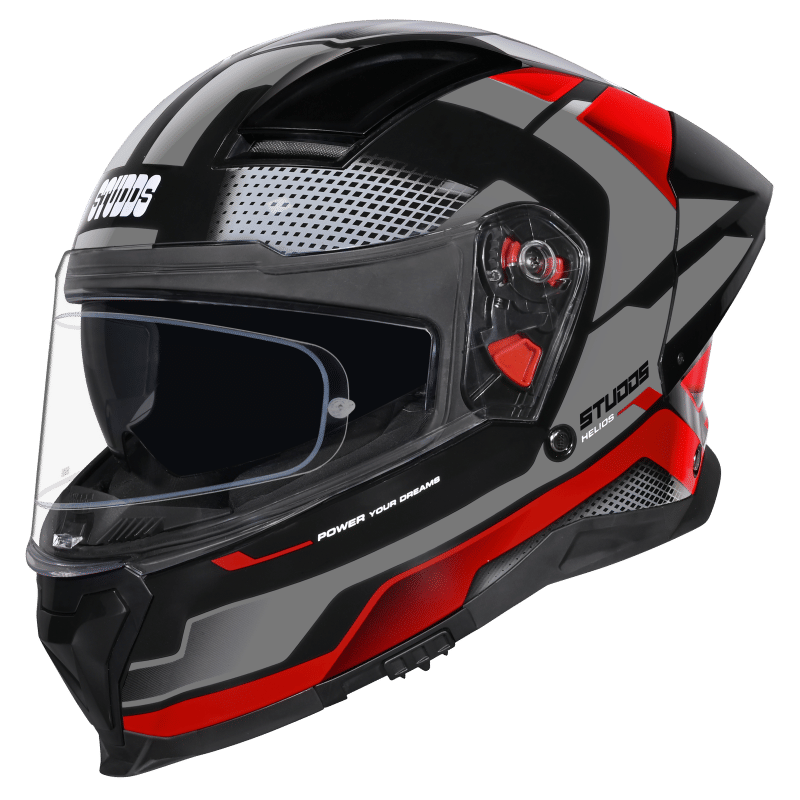

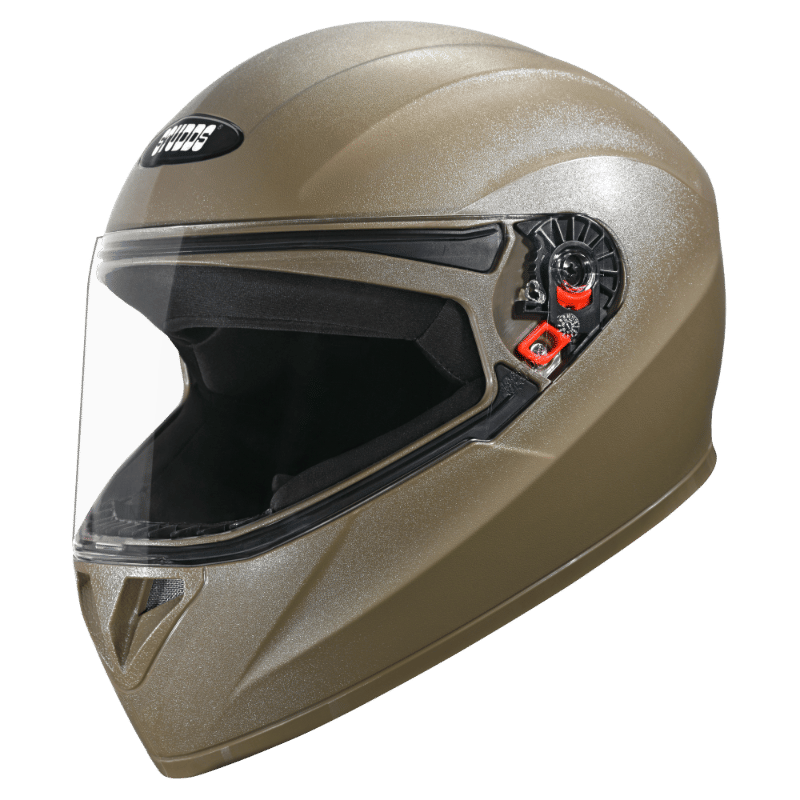

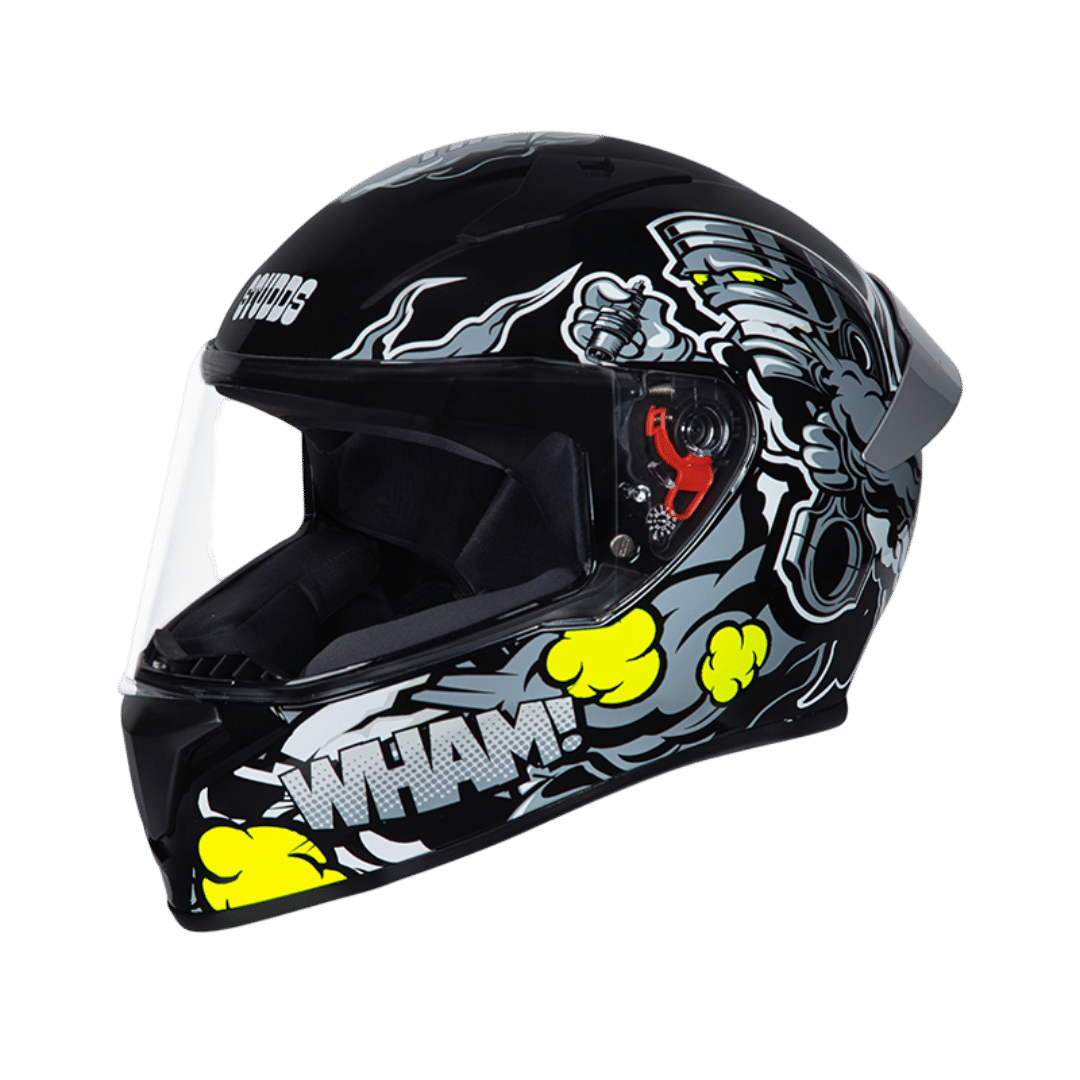
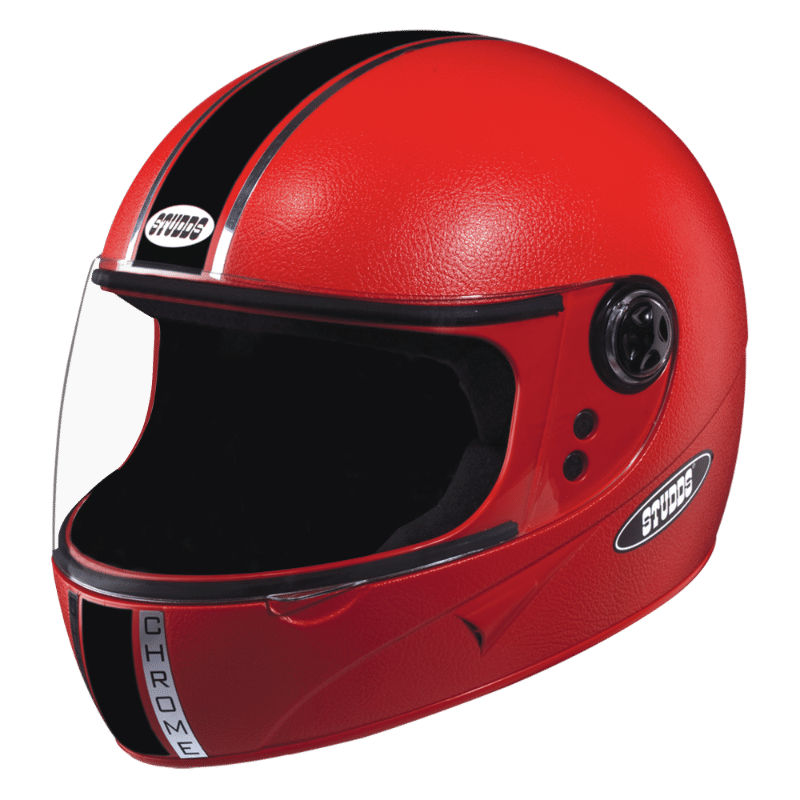

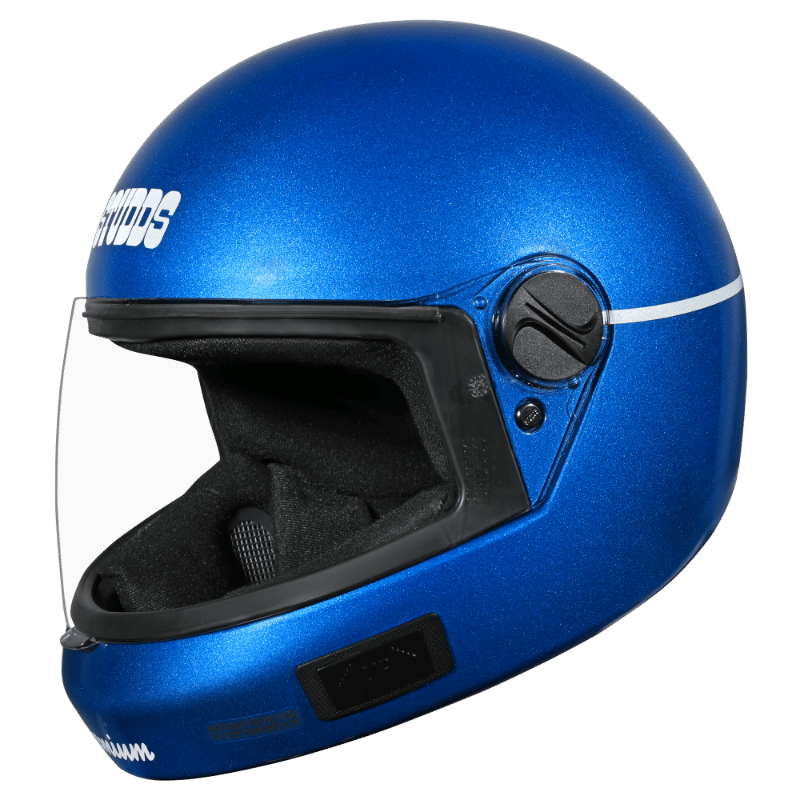
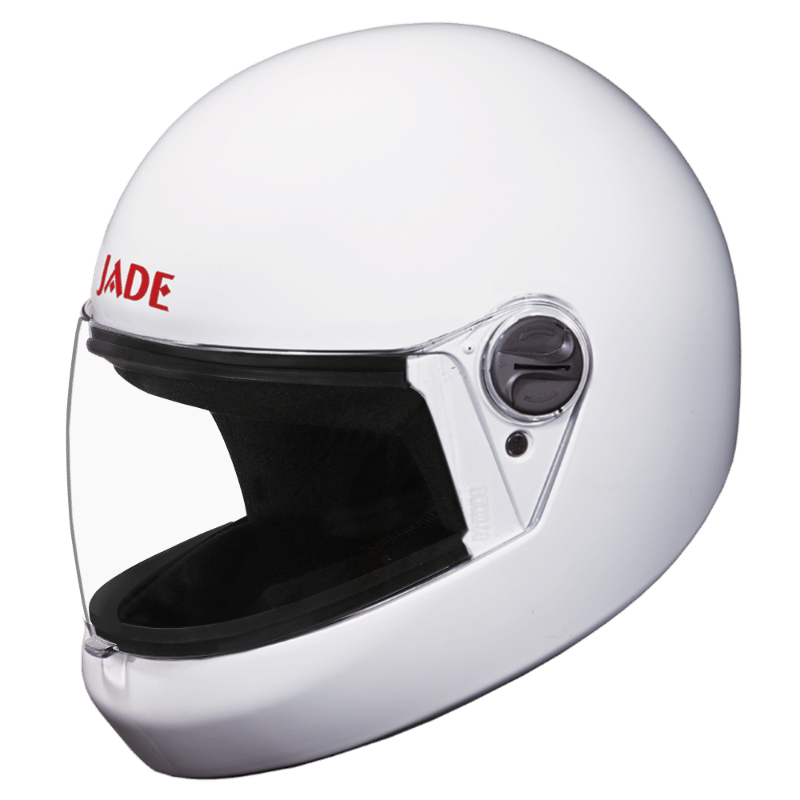


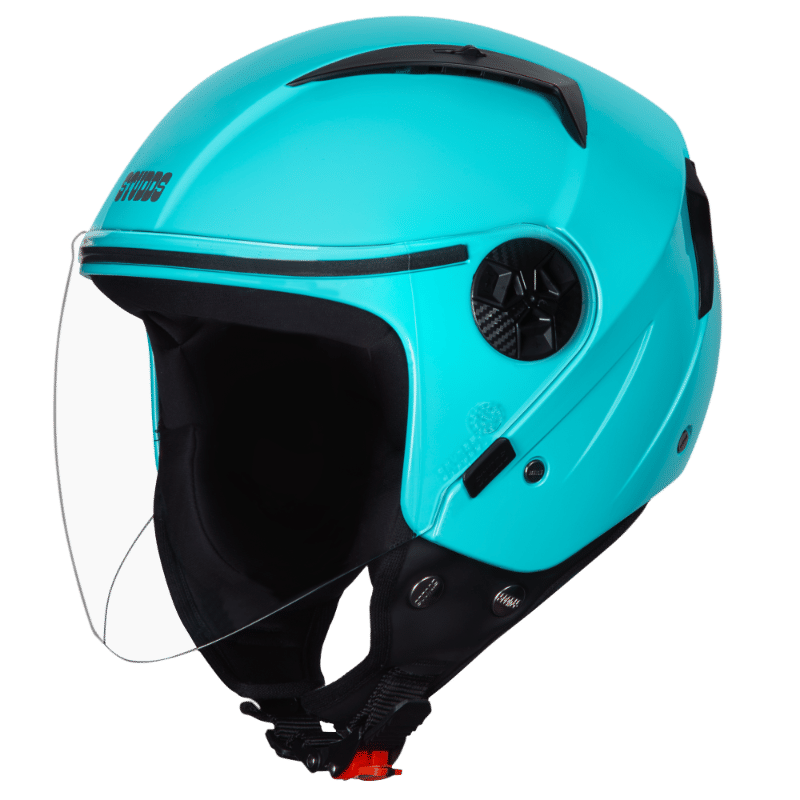
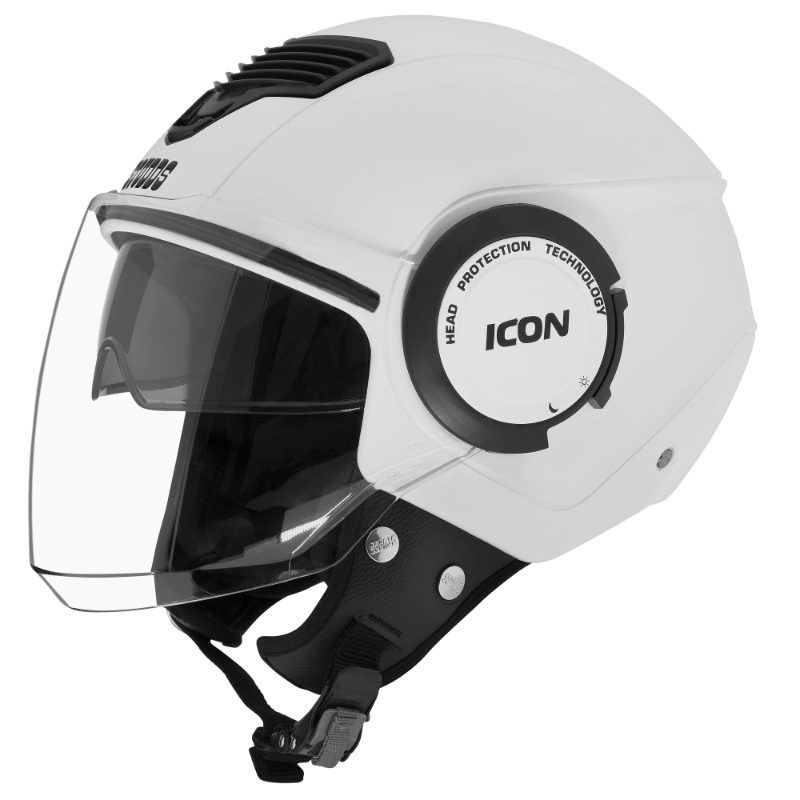
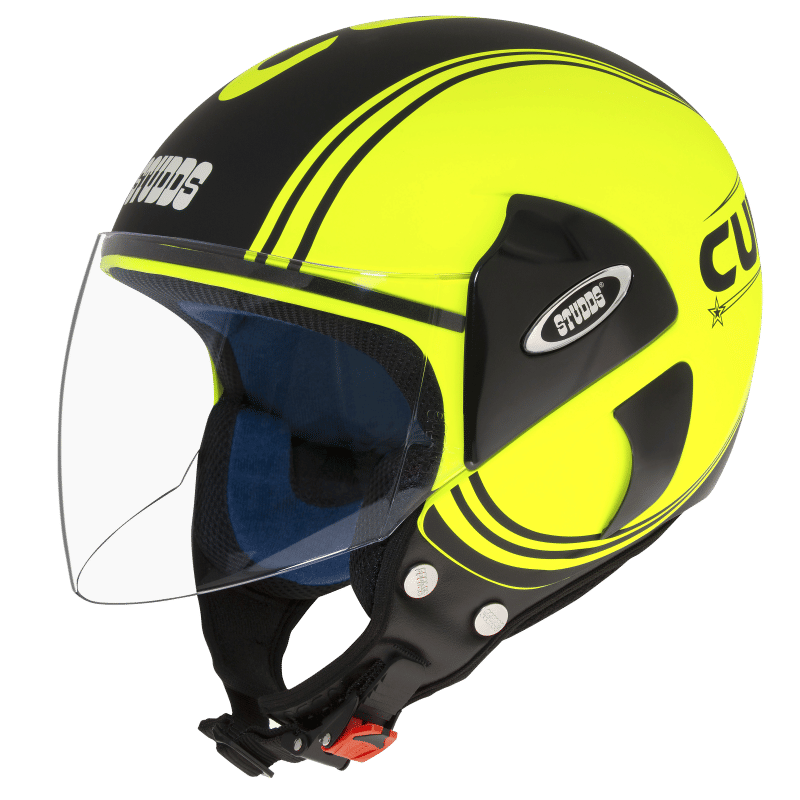
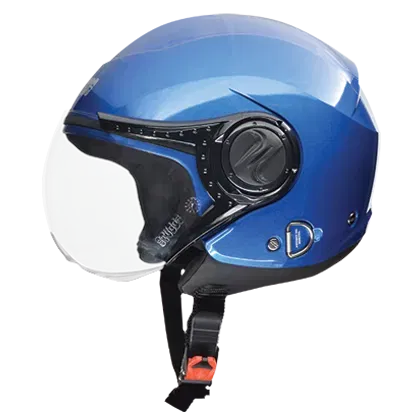
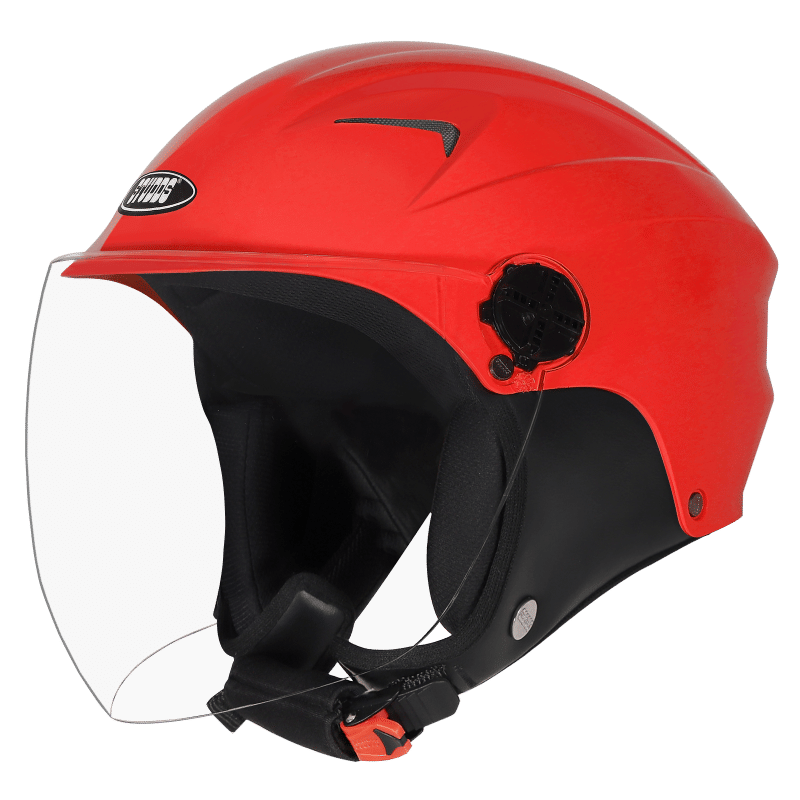

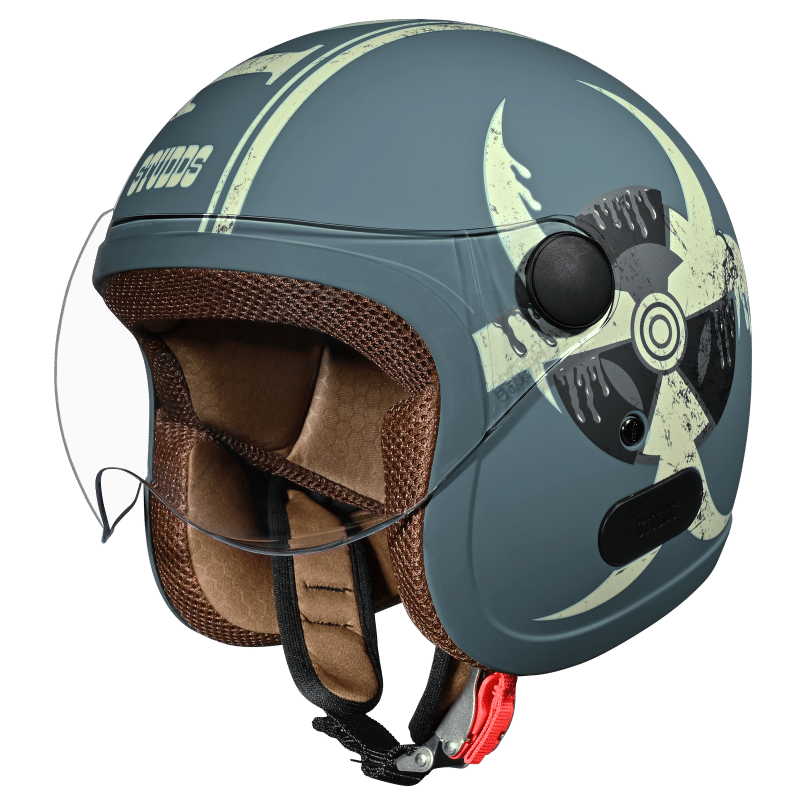
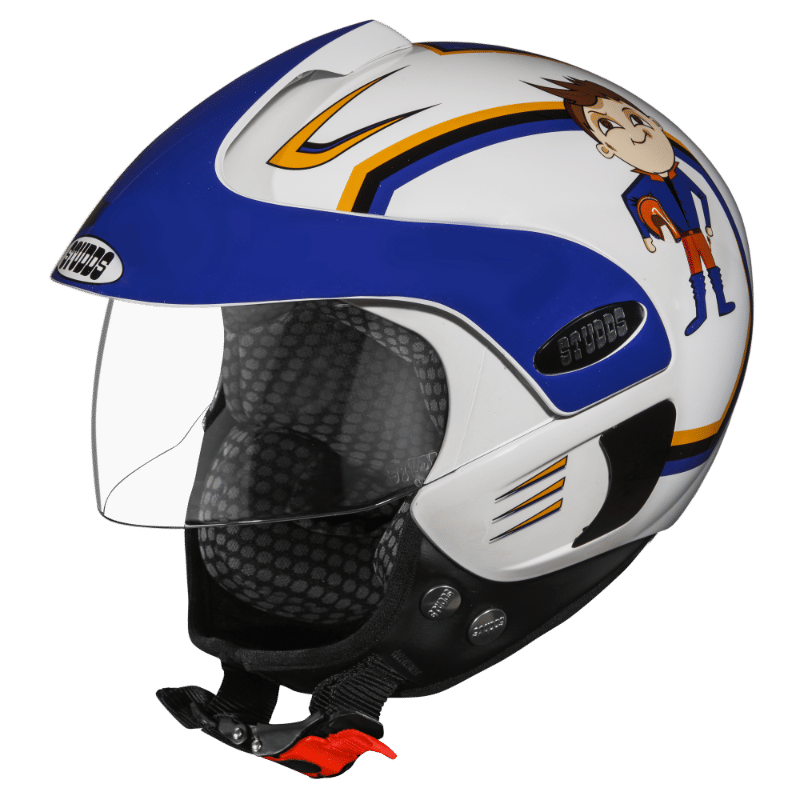
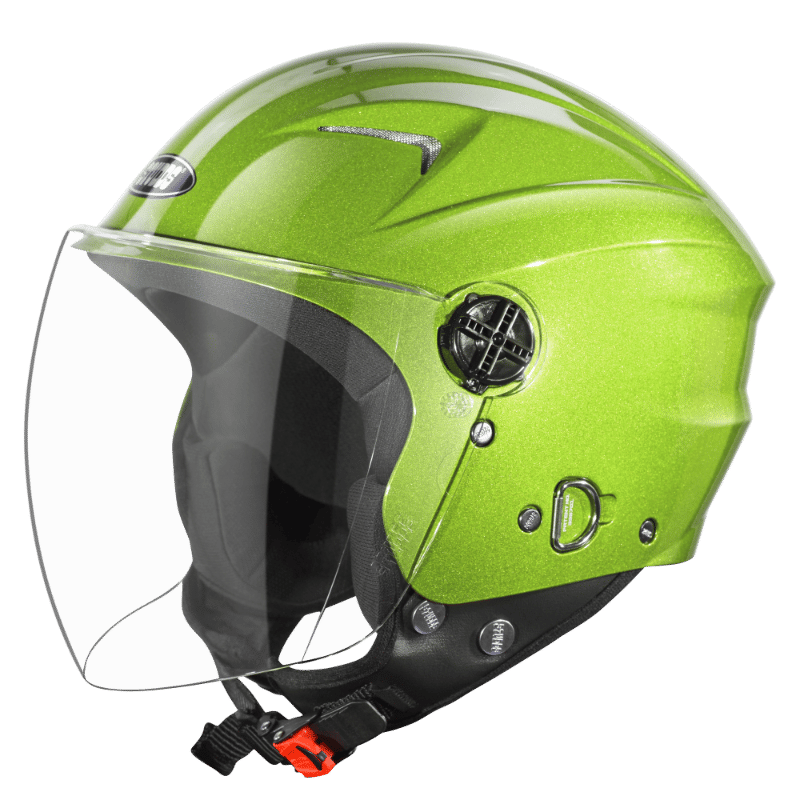
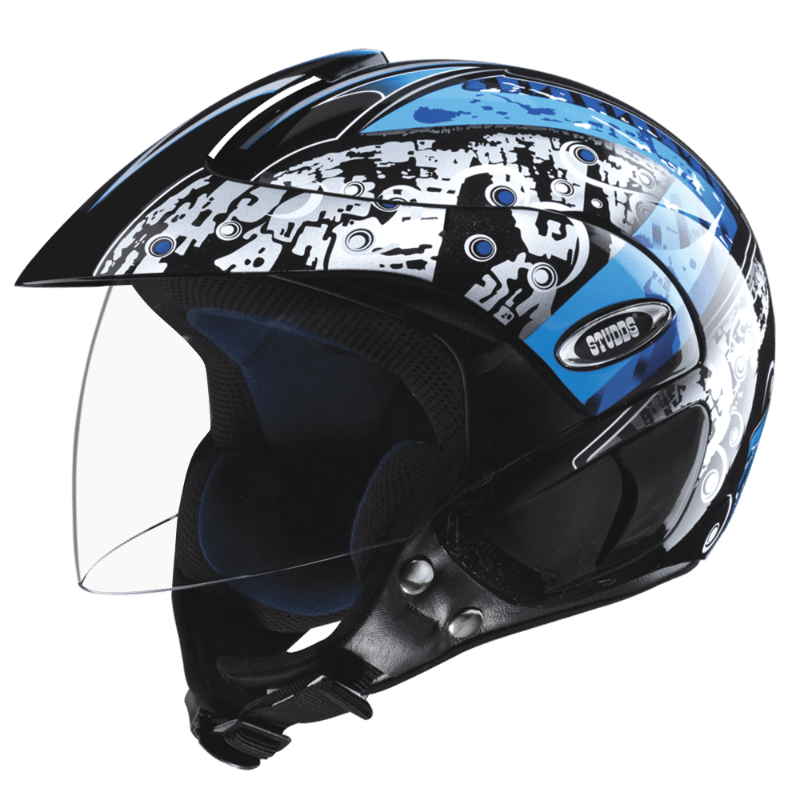
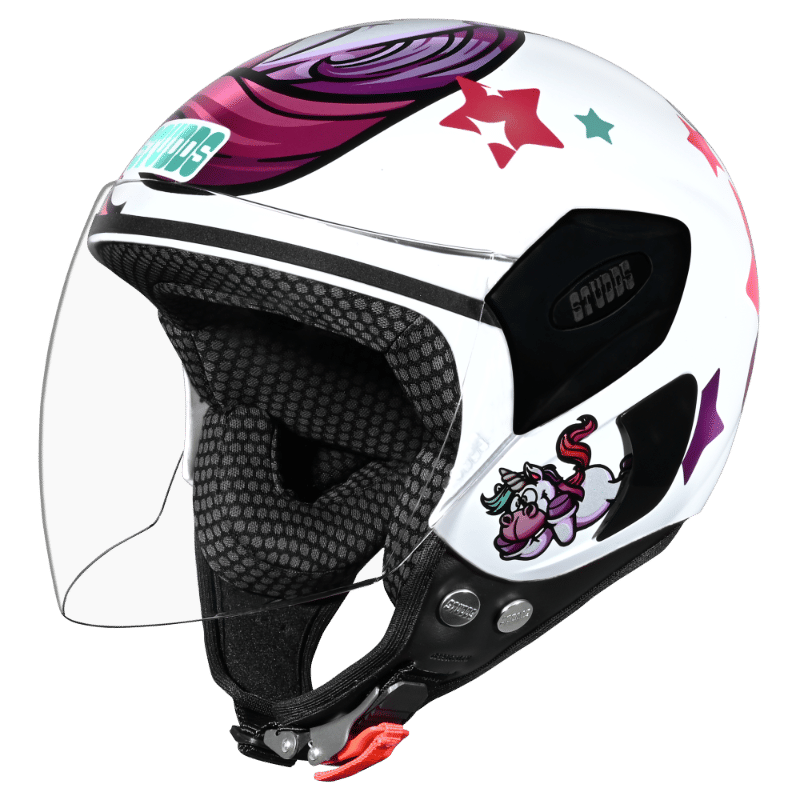
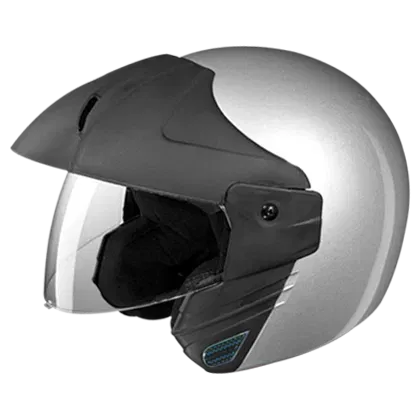
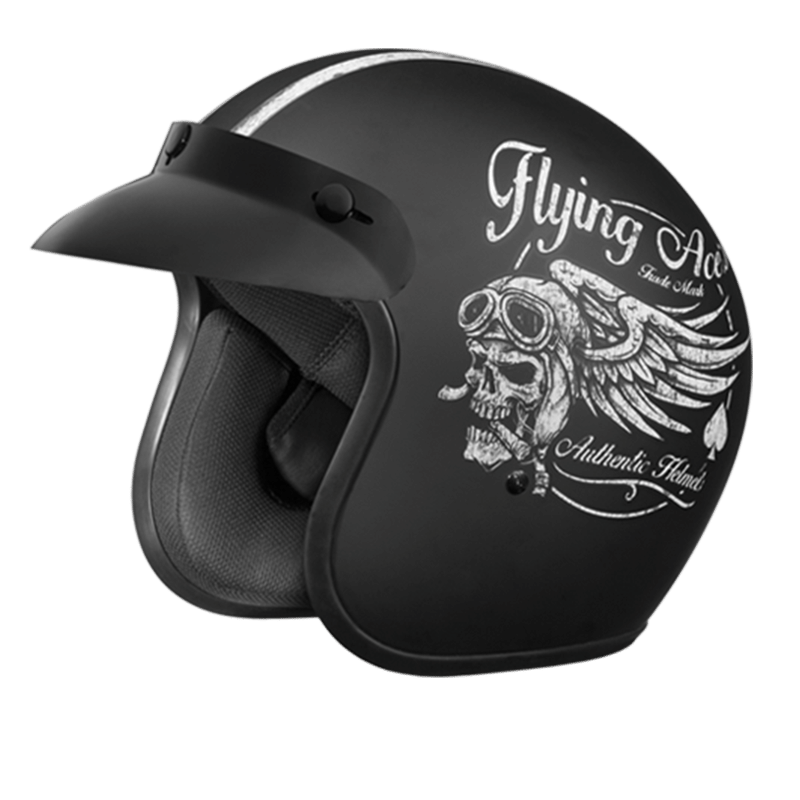
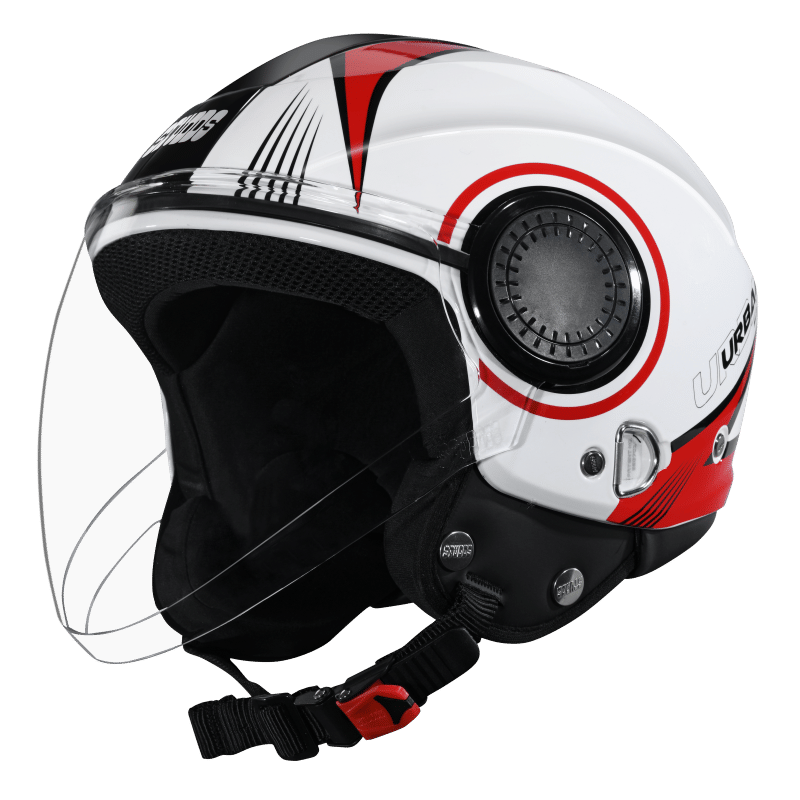
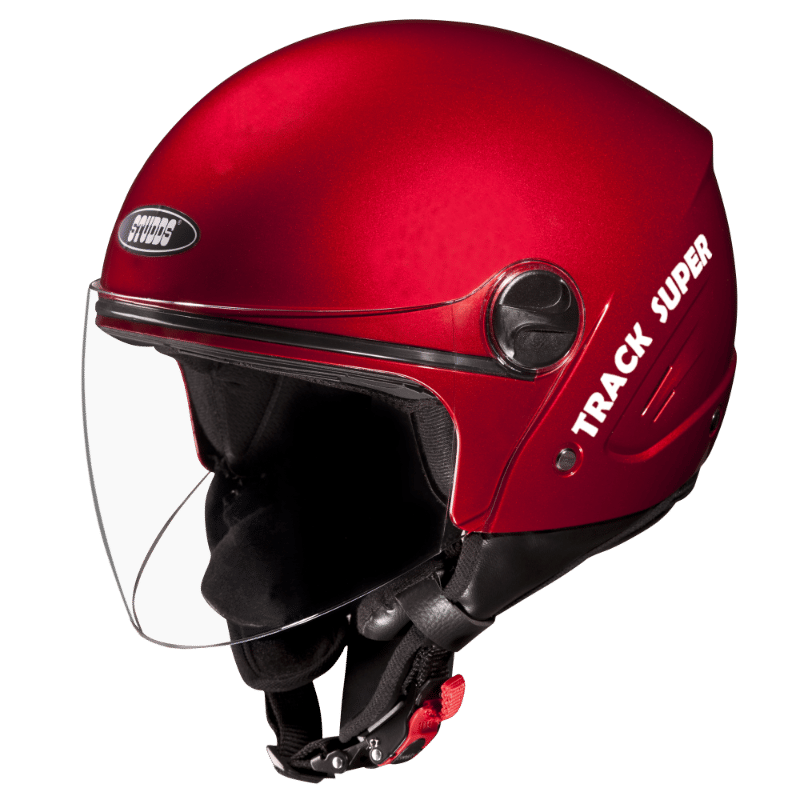
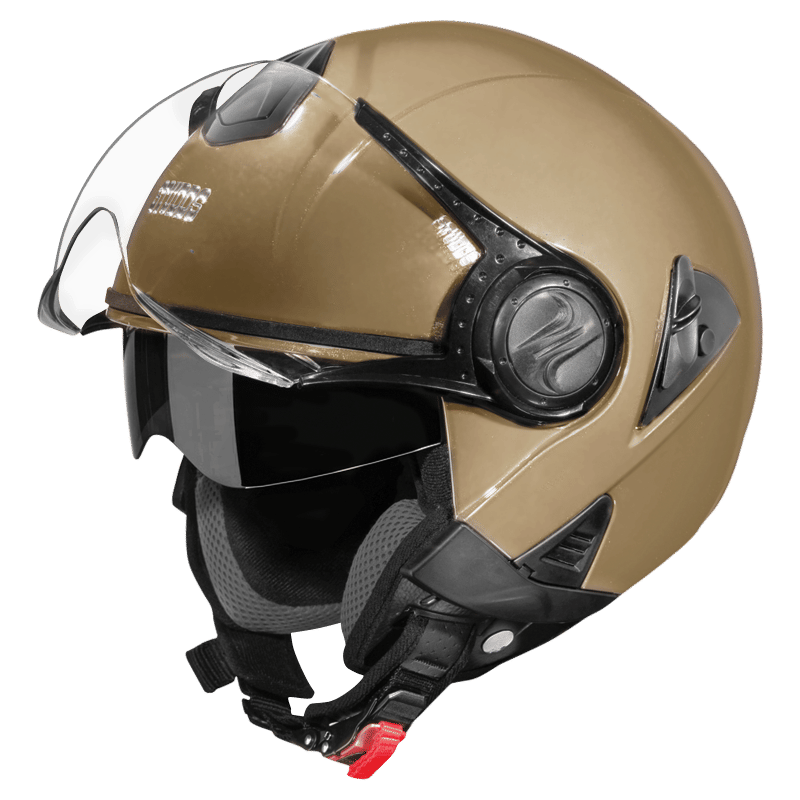
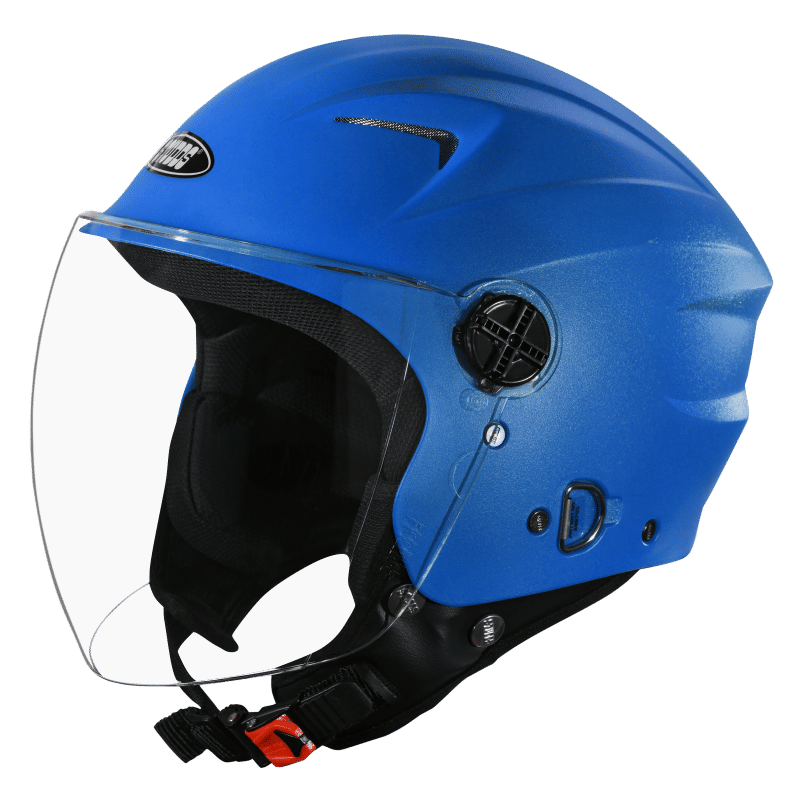
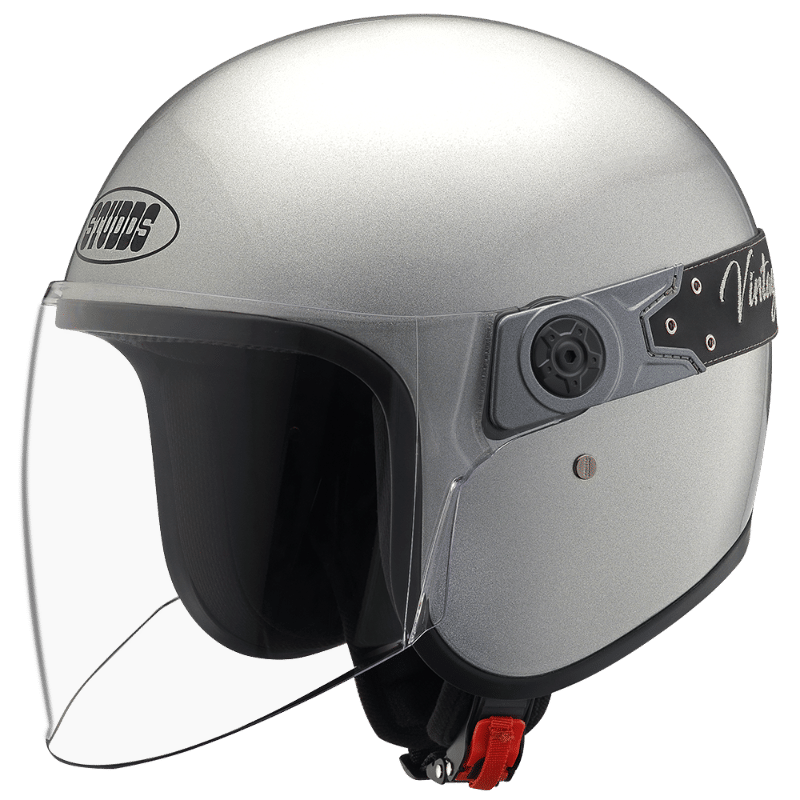

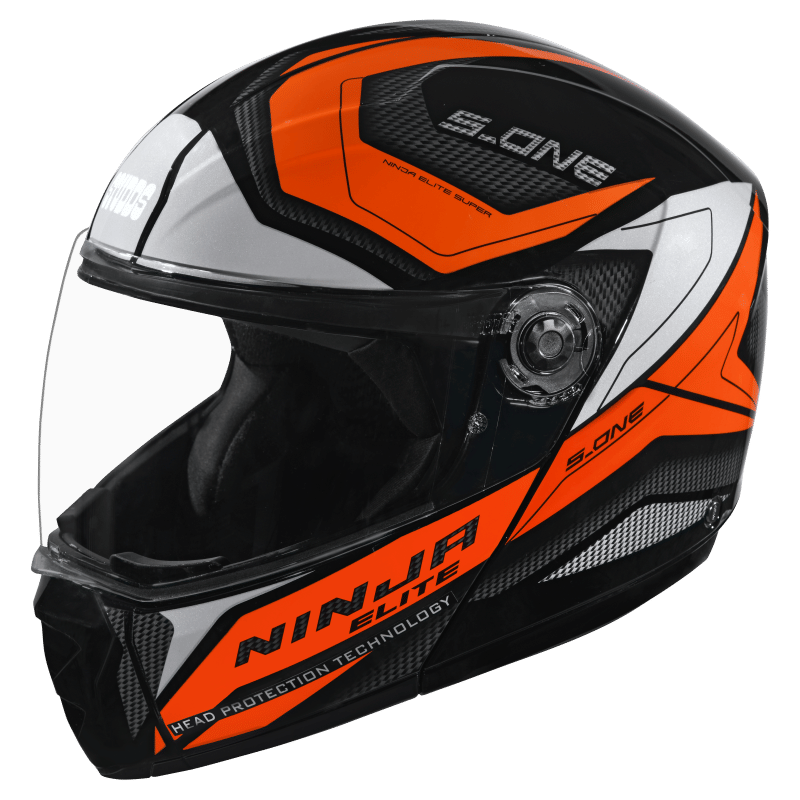
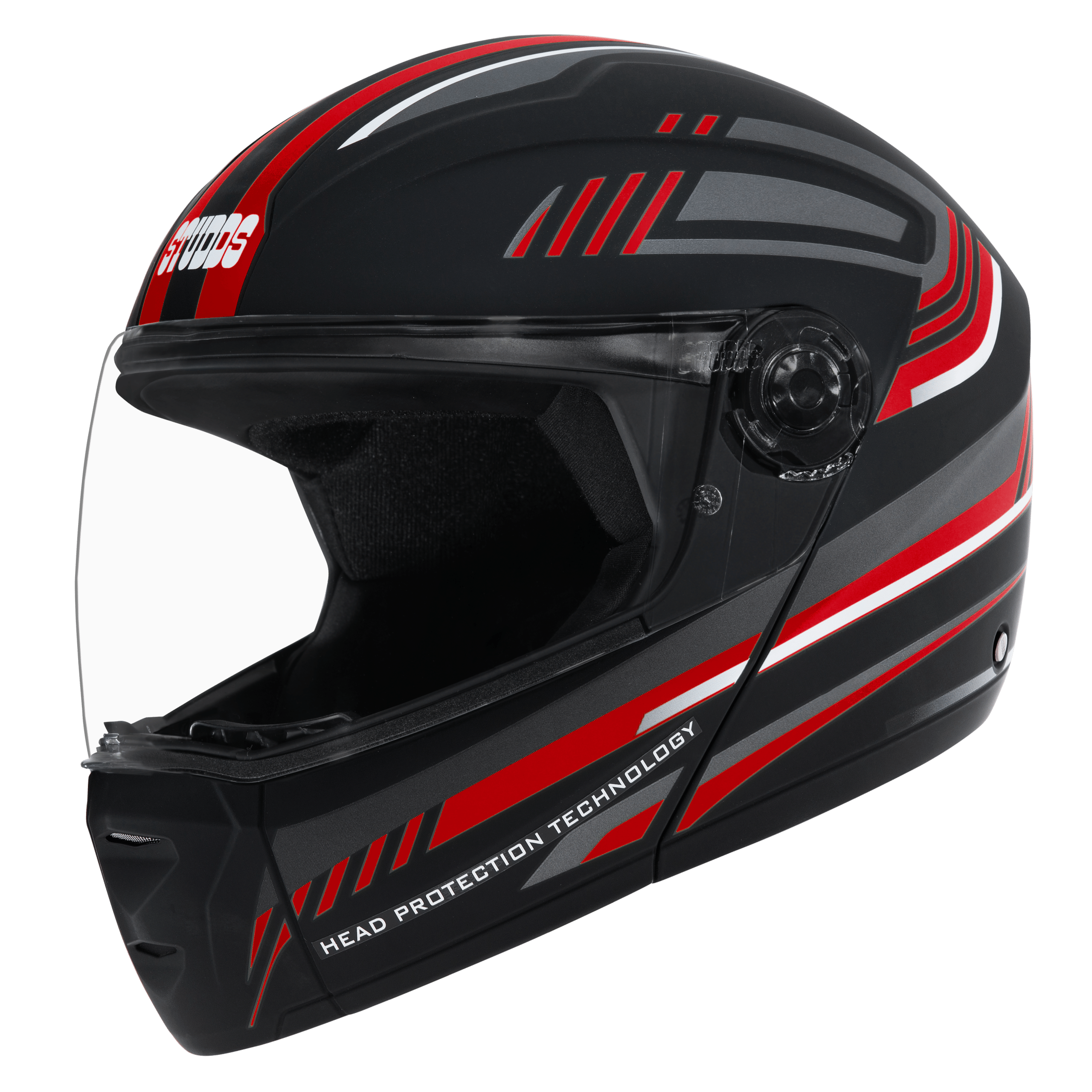
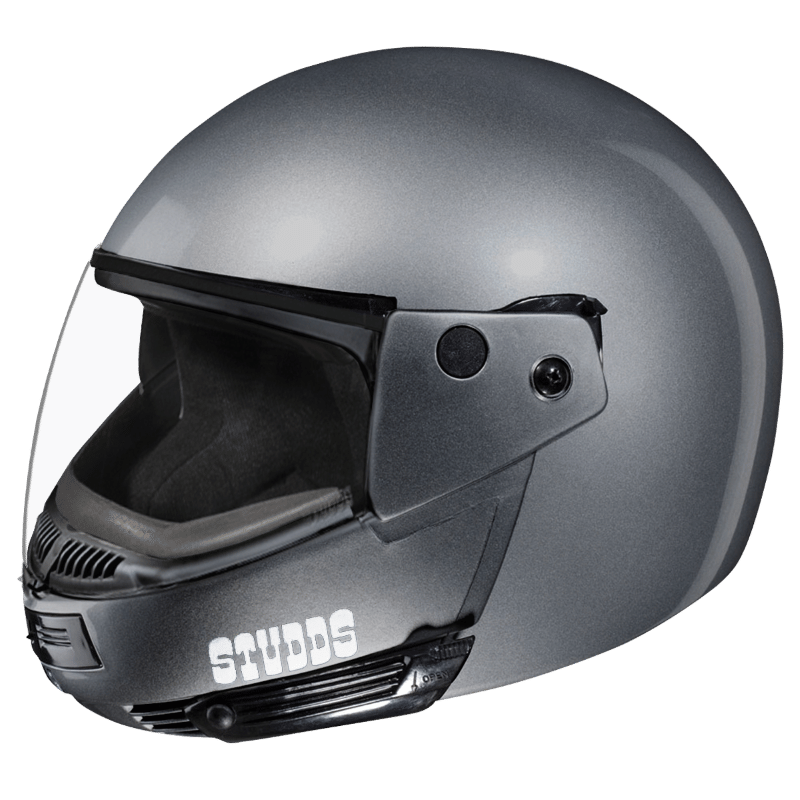
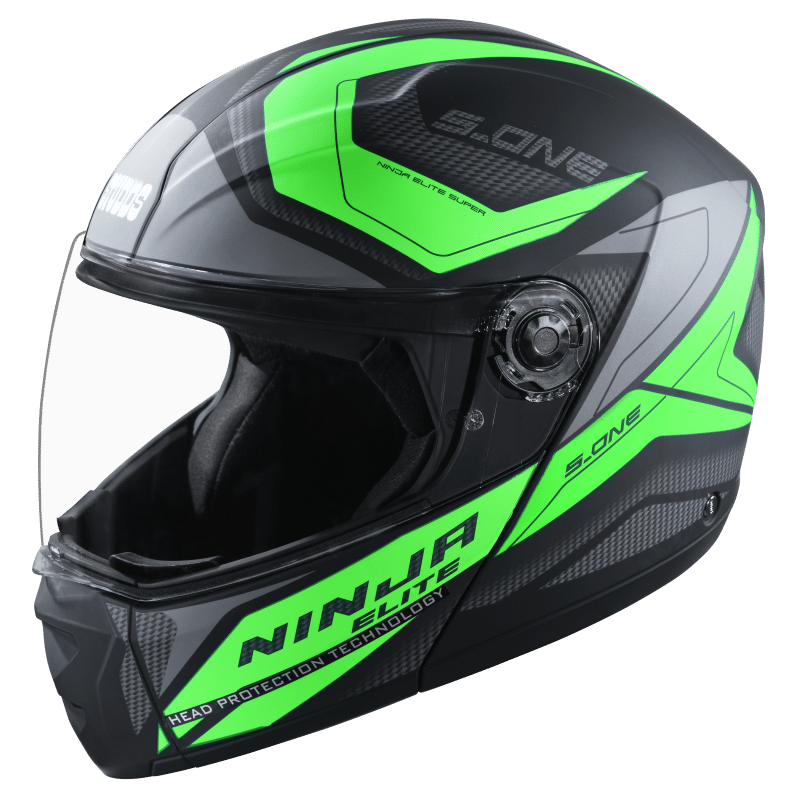
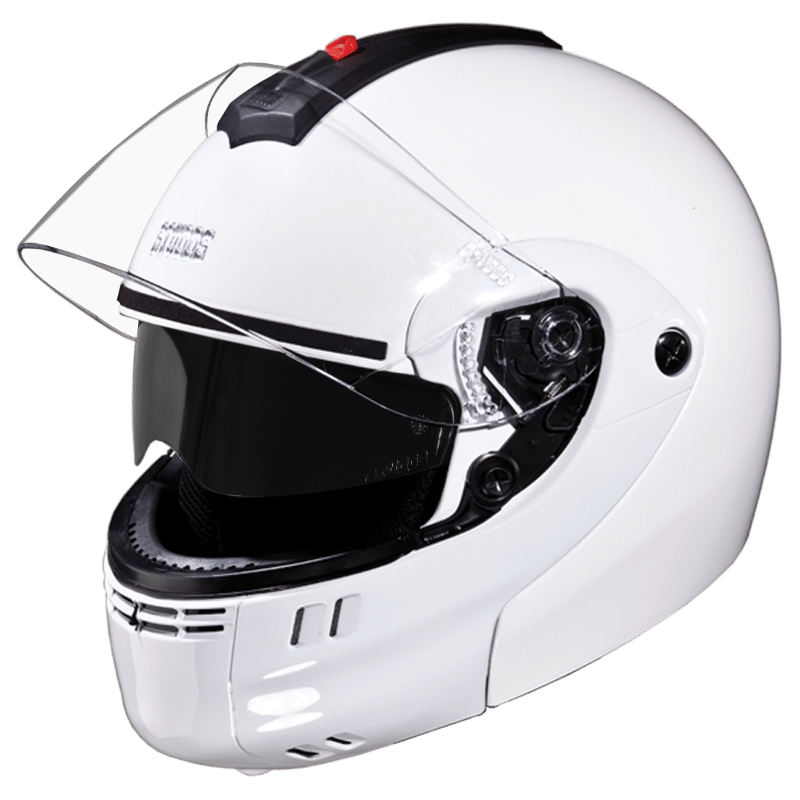

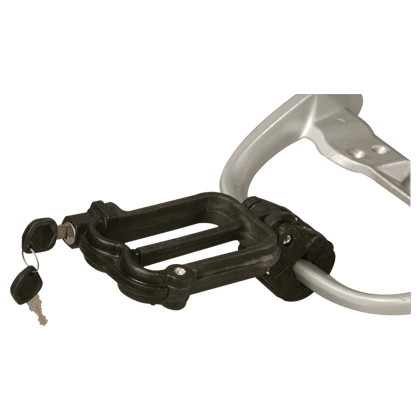
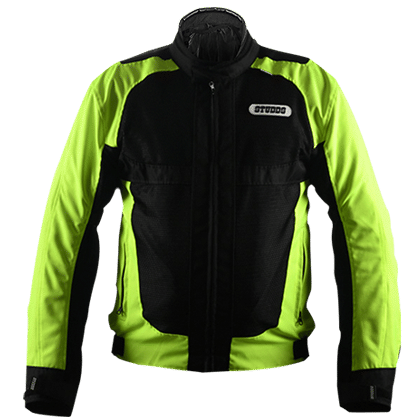
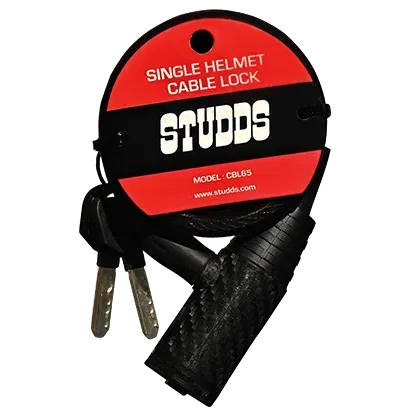


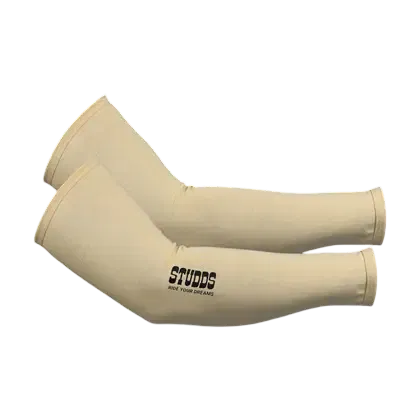
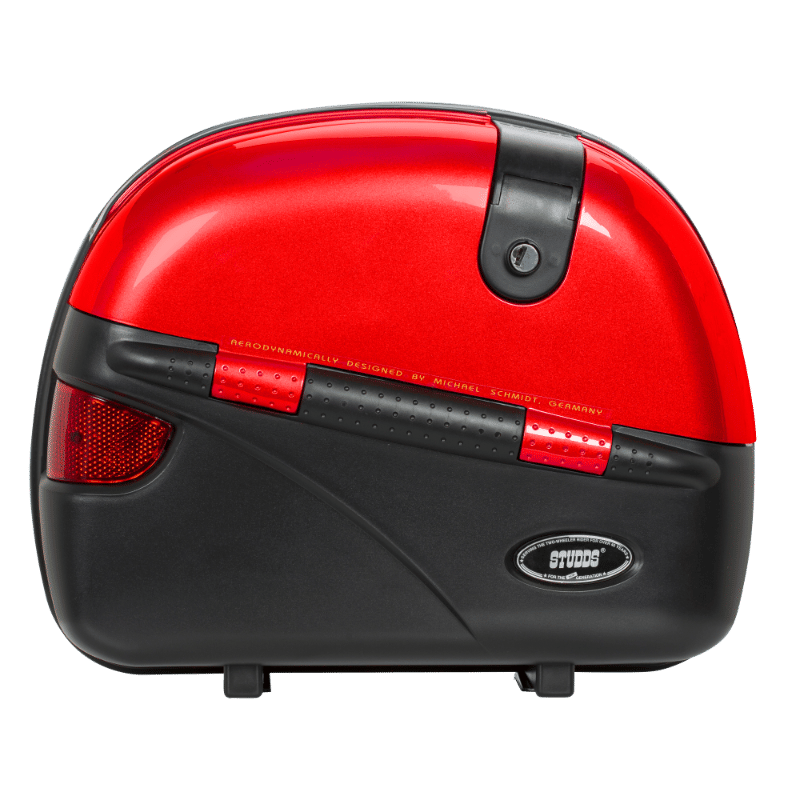
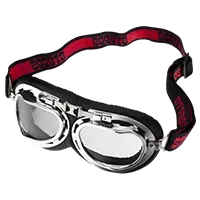
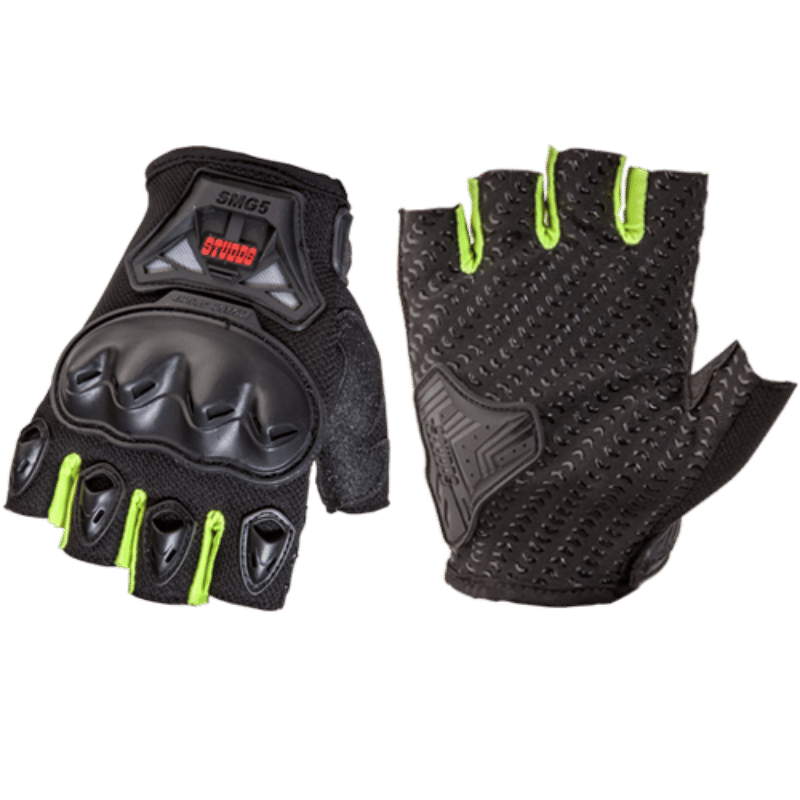
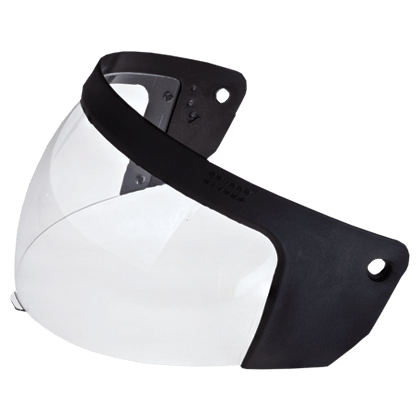
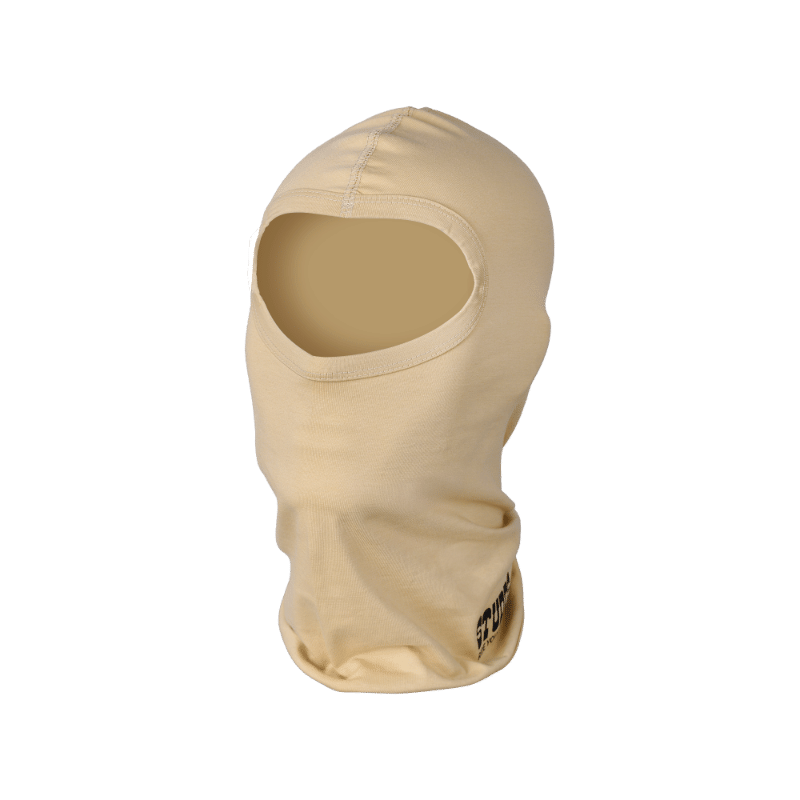

 STUDDS Accessories
STUDDS Accessories  06/08/2020
06/08/2020